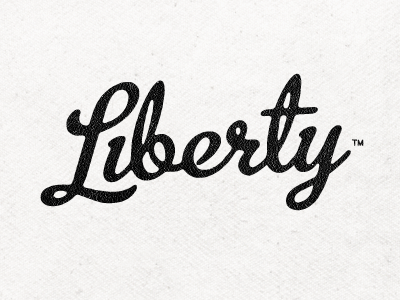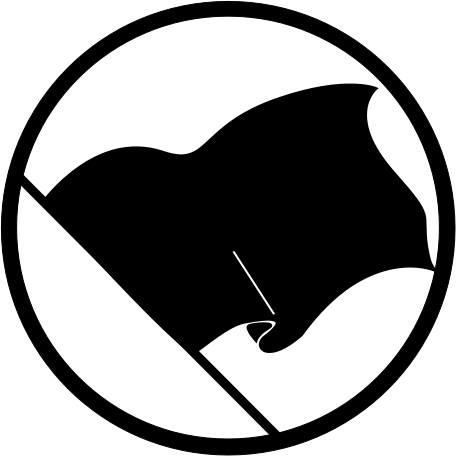The Perceptions of Libertarianism
The origins and usages of “libertarian” and its ideals.

November 25, 2018
The political atmosphere is dominated by two political sectors within the borders of the United States, and that is the broad conservative front known as the Republican Party, and the liberal, forward-thinking front known as the Democratic Party. The governance of this state, dominated by these two political organizations, creates a sense of segregation between its citizens; this can be viewed as political segregation.
Reactionaries and radicals, the minorities within the political system are not represented as greatly as that of the Democrats and Republicans; therefore, through the distribution of the media, the Republicans are usually supported by the reactionaries to let their voices be heard, while the Democrats are supported by the general radical population for the same voices. Factions, or other minority political sectors usually are neglected, sometimes forcing these parties to support the dominant parties based on their position within the political spectrum.
Simply, there is limited representation in the United States system.
Although, one significant third-party present in the United States is the Libertarian Party. Their platform revolves around the notion of American libertarianism and the limited governance of the citizens as well as the market; although, many – still – have no knowledge of the true origins of libertarianism, as it still widely known outside of the United States as the label of “anti-state socialists”.

Libertarianism, in its general sense, is the assumption or notion that natural individual liberty and rights are before the state or other hierarchy. While, in American contemporary politics, many see libertarianism as somewhat centrist or on the right of the political spectrum, the first individual to coin the term “libertarian” in a political setting was Joseph Déjacque, a French early libertarian socialist advocate (more specifically of communist anarchism thought).
Therefore, why is it that many Americans view libertarianism a different notion than of the historical background of the term? Early libertarians were one of the first to criticize the system of free-markets and its effects on the worker and the environment, so how did it transition within American politics?
Libertarianism is in a sense another term of classical liberalism as it’s traced back to American writer Dean Russell, who was a follower of classical liberal thought, used the term “libertarian” instead of “liberal” as he felt the term “liberal” was debased by the leftists on the basis of individual liberty, who instead felt that “libertarian” was most suitable for his political stances. In addition, Murray Rothbard, an American economist and influencer of modern-right libertarianism, stated that “libertarian” was now in possession of the modern right despite its true etymology.
Therefore, in the United States, right-libertarianism is the usual conception when statesmen and citizens described themselves as advocate of libertarianism.
However, liked mentioned beforehand, libertarian emerged from anarchist thought, which from the intervention of American politics, has transformed the original denotation into now branches or variations within its political sphere.

Firsthand, many outside of the land of the United States have the notion that libertarian and anarchist are synonymous when used in context. In short, globally, left-libertarian thought is the conception of self-described libertarians as well as anarchists.
The broad school of left-libertarian includes a variety of anarchist thoughts as well as libertarian socialism (that includes other variations) as commonly most left-libertarians are anarchists as they are advocates of anti-authoritarianism, personal property, decentralized planning, social equality, and the importance of individual liberty.
On the other hand, right-libertarianism follows the principles of personal freedom and the limited stance of the state, the perspective of economics over the people is where its differences are significant. While left-libertarianism stresses the collective ownership of needs and production, right-libertarians want to maintain free markets and the presence of private property arguing that entrepreneurship and of capital is the basic needs of human consumption such as minarchy or laissez-faire.
Libertarian is its own branch of political thought as individual liberty is its most significant notion within, however, the variations of economic ideologies or stances is the division of whether one is more left leaning or right leaning, creating a large political spectrum.
The usage of libertarian is broad and depends on what region the word is used in context as many have different conceptions of the term and where one is located on the spectrum. In the end, libertarianism is anarchism or libertarianism is limited government, which makes an elaboration necessary in discussion.
Still, libertarian was used first used by an anarchist, making factual information indisputable.
